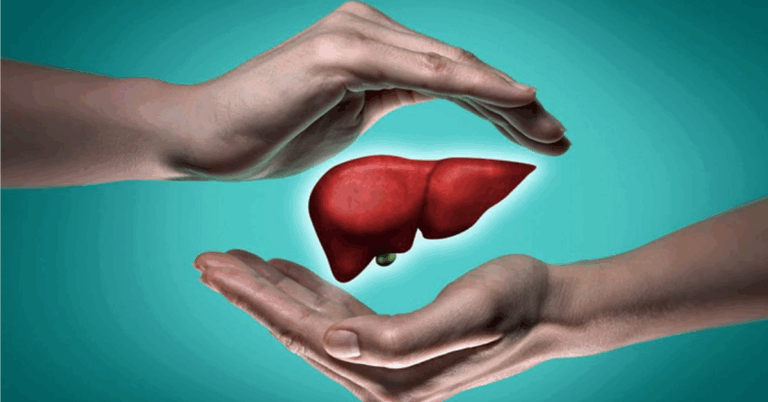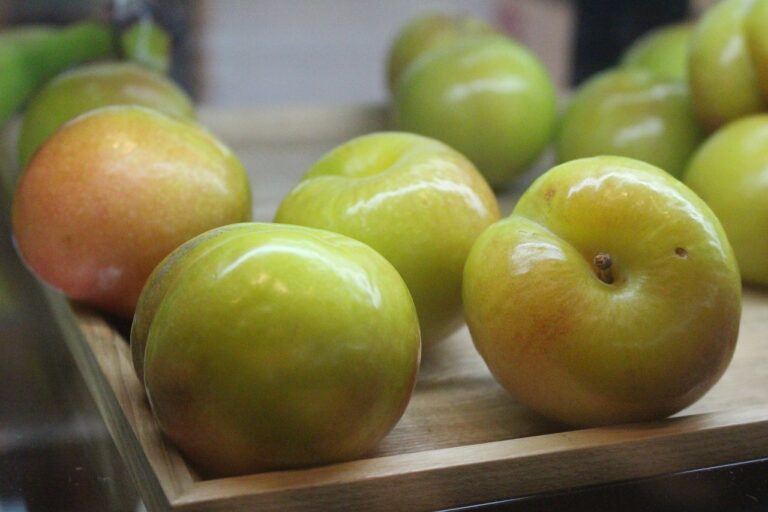Traditional Chinese Medicine (TCM) in Singapore: A Comprehensive Guide
Traditional Chinese Medicine (TCM) is a holistic healing system that has been practiced for over 2,000 years. It is founded on the belief that the body is an interconnected system, and health is the result of balance between physical, mental, and spiritual components. The practice is based on understanding the human body in relation to the forces of nature, and how these forces influence the flow of energy, or Qi (pronounced “chee”), within the body.
In Singapore, the popularity of TCM has been rising steadily in recent years, as people are increasingly seeking natural, alternative forms of treatment for various ailments. This article will explore the history, practices, benefits, and current trends of TCM in Singapore, as well as provide insights into frequently asked questions (FAQs) for those considering TCM Singapore as part of their healthcare routine.
The Basics of TCM
At the core of TCM is the understanding that human beings are an integral part of nature, and our health is influenced by the balance of natural forces. These forces include the concepts of Yin and Yang, Qi, and the Five Elements (Wood, Fire, Earth, Metal, and Water).
Yin and Yang: These are two opposing but complementary forces that are believed to govern the universe and the human body. Yin represents aspects that are passive, cool, and dark, while Yang represents activity, heat, and light. Good health is achieved when there is harmony between Yin and Yang.
Qi (Energy Flow): Qi is the vital life force or energy that flows through the body, maintaining its functions. The free and balanced flow of Qi is essential for good health. Blockages or imbalances in the flow of Qi can lead to illness.
The Five Elements: The Five Elements are Wood, Fire, Earth, Metal, and Water. Each element is associated with specific organs in the body and influences different aspects of health. TCM practitioners work to balance these elements within the body to maintain optimal health.
Meridians: The body has pathways known as meridians, through which Qi flows. These pathways connect the internal organs to the external areas of the body. TCM aims to regulate the flow of Qi through these meridians to restore balance.
Common TCM Practices
TCM encompasses a variety of treatment techniques that aim to restore the body’s balance and promote health. Some of the most common practices include:
Acupuncture: Acupuncture involves the insertion of thin needles into specific points on the body to stimulate the flow of Qi. It is often used to treat a wide range of conditions, including chronic pain, digestive issues, stress, and anxiety. The practice aims to restore the body’s natural balance and promote healing.
Herbal Medicine: TCM herbal remedies are made from a wide variety of plants, minerals, and animal products. These herbs are prescribed based on an individual’s specific symptoms and constitution. They are often used to address issues such as digestive problems, skin conditions, respiratory issues, and fatigue.
Cupping Therapy: Cupping therapy involves placing glass or bamboo cups on the skin to create a vacuum. The suction pulls the skin upwards, which is believed to help release toxins, improve circulation, and alleviate pain. Cupping is often used for musculoskeletal pain and respiratory issues.
Moxibustion: This technique involves the burning of mugwort (a type of herb) near acupuncture points. The heat is believed to stimulate Qi flow and promote healing. Moxibustion is commonly used to treat conditions such as cold-related illnesses, digestive issues, and joint pain.
Tuina Massage: Tuina is a form of therapeutic massage that uses techniques such as kneading, rolling, and pressing to stimulate the flow of Qi. It is often used in combination with other TCM practices to treat musculoskeletal conditions, improve circulation, and promote overall wellness.
Dietary Therapy: In TCM, food is considered an essential part of maintaining health. A TCM practitioner may provide dietary recommendations based on an individual’s health condition, constitution, and seasonal changes. These dietary suggestions aim to nourish the body and restore balance to its various systems.
Benefits of TCM
Traditional Chinese Medicine offers a wide range of benefits for individuals seeking a natural and holistic approach to their health. Some of the key benefits include:
Holistic Approach: TCM takes into account the physical, emotional, and spiritual aspects of health. Instead of merely addressing symptoms, it aims to treat the root causes of illnesses, which can lead to long-lasting health improvements.
Personalized Treatment: TCM practitioners customize treatment plans based on each individual’s unique health condition and constitution. This personalized approach ensures that the treatment is tailored to the specific needs of the person.
Natural and Non-Invasive: TCM treatments, such as acupuncture, herbal medicine, and cupping, are natural and non-invasive. This makes TCM a safer option for those seeking alternatives to pharmaceutical drugs or surgery.
Chronic Conditions Management: TCM is known for its effectiveness in managing chronic conditions such as chronic pain, digestive disorders, stress, and insomnia. Many people turn to TCM when conventional medicine has not provided satisfactory results.
Prevention: TCM emphasizes the prevention of illness through maintaining balance and harmony in the body. Regular treatments, such as acupuncture and herbal medicine, can help strengthen the body’s immune system and prevent the onset of illness.
Stress Relief: Practices such as acupuncture, herbal therapy, and massage can help reduce stress and promote relaxation. This is particularly beneficial in today’s fast-paced, high-stress environment.
TCM in Singapore: A Growing Trend
Singapore, with its diverse population and growing interest in alternative health practices, has seen a surge in the popularity of TCM. The Singapore government has recognized the value of TCM and has integrated it into the country’s healthcare system. TCM is now widely available in Singapore, with numerous TCM clinics, wellness centers, and hospitals offering TCM treatments alongside conventional Western medicine.
In recent years, TCM has gained recognition for its ability to complement conventional medical treatments. Many Singaporeans are turning to TCM for its holistic and preventive approach, especially for chronic conditions or when they seek alternatives to prescription medications. The integration of TCM into mainstream healthcare is a testament to the increasing acceptance and demand for these time-tested healing practices.
FAQs about TCM in Singapore
Is TCM safe? Yes, TCM is generally safe when practiced by qualified and experienced practitioners. It is important to ensure that you seek treatment from certified TCM professionals to avoid complications. TCM is non-invasive and uses natural remedies, making it a safe option for most people.
How long does it take to see results from TCM treatment? The time it takes to see results varies depending on the individual and the condition being treated. Some people may experience immediate relief, while others may require several sessions to see improvement. It is important to follow the practitioner’s recommendations for the best results.
Can TCM be used alongside Western medicine? Yes, TCM can be used alongside Western medicine, and in many cases, it may enhance the effectiveness of conventional treatments. However, it is important to consult with both your Western medical doctor and your TCM practitioner to ensure that the treatments do not conflict.
What should I expect during my first TCM consultation? During your first consultation, the TCM practitioner will conduct a thorough assessment, which may include taking your medical history, examining your tongue, checking your pulse, and asking about your lifestyle. Based on this, the practitioner will develop a personalized treatment plan for you.
Are TCM treatments covered by insurance in Singapore? Some health insurance policies in Singapore may cover TCM treatments, but this depends on the provider and the type of coverage. It is advisable to check with your insurance company to determine whether TCM is included in your policy.
Conclusion
Traditional Chinese Medicine offers a comprehensive and holistic approach to healthcare. With its emphasis on balancing the body’s energies, addressing the root causes of illness, and promoting overall well-being, TCM is a valuable option for those seeking natural and effective treatments. In Singapore, TCM has become an integral part of the healthcare system, with more people turning to it for relief from chronic conditions, stress, and a wide range of health issues. As the demand for TCM continues to grow, its integration with Western medicine provides a more comprehensive approach to maintaining optimal health.
Whether you are seeking to treat an existing condition or maintain your health, TCM offers a natural and time-tested way to achieve balance and wellness.







